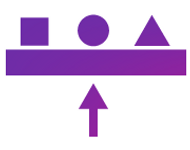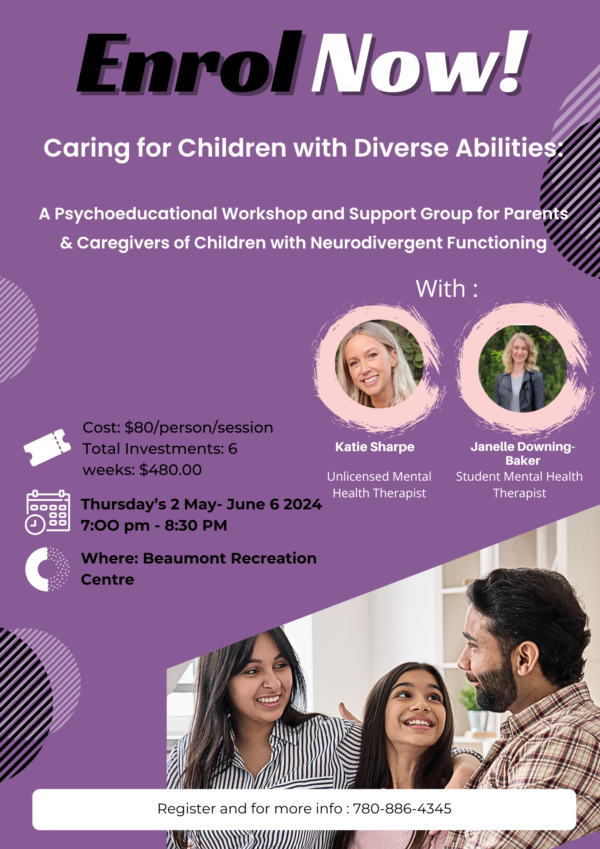
Our team is a dynamic group of dedicated professionals, all under one roof, poised to cater to your wellness needs. From the healing hands of our massage therapists to the insightful guidance of our art and play therapists, along with a robust medical team, psychologists, and occupational therapists, we’re here to offer personalized care with a multifaceted approach.


Embracing a multidisciplinary approach to wellness offers profound benefits to our clients. By assembling a team that includes experts from a wide range of specialties—such as massage therapy, art and play therapy, medical care, psychology, and occupational therapy—we can address the multifaceted nature of health and well-being. This holistic strategy ensures that clients receive tailored, comprehensive care that looks at the big picture of their health. Instead of tackling symptoms in isolation, our collaborative team works in concert to identify and treat the underlying causes of distress, leading to more effective and sustainable outcomes. It also means convenience for our clients, who can access a breadth of services in one place, and a continuity of care that fosters comfort, trust, and a deeper understanding of their individual needs. Ultimately, our multidisciplinary approach is about providing personalized, inclusive care that supports the whole person.


Our practice prides itself on serving a diverse clientele, offering expert care to individuals across the lifespan—from the youngest children to adults of any age, and every stage in between. Whether we’re supporting couples, families, or individuals, our multidisciplinary team collaborates to provide a seamless and comprehensive wellness experience. This inclusive approach ensures that every client benefits from a tailored strategy that addresses their unique needs, fostering better outcomes and a more connected care journey.




